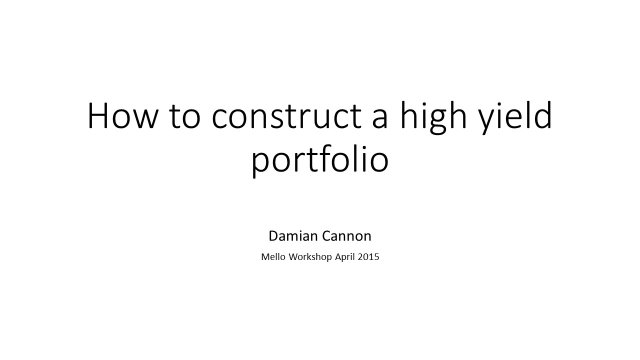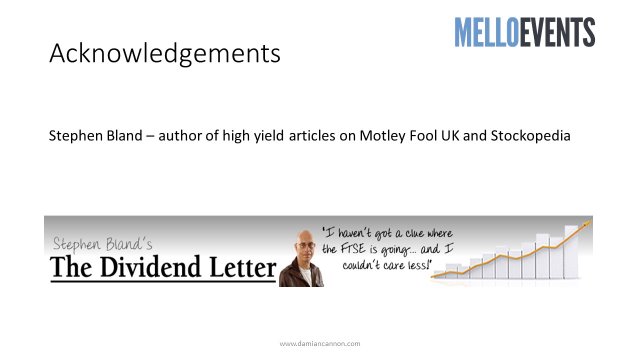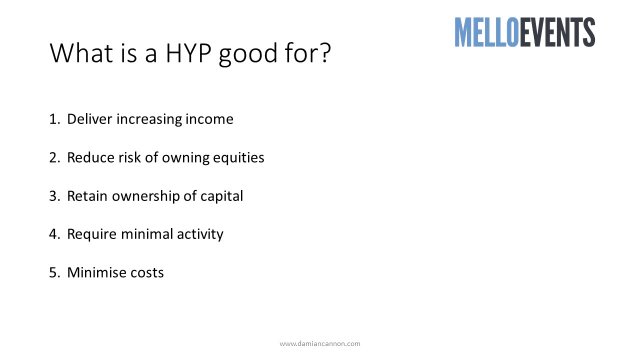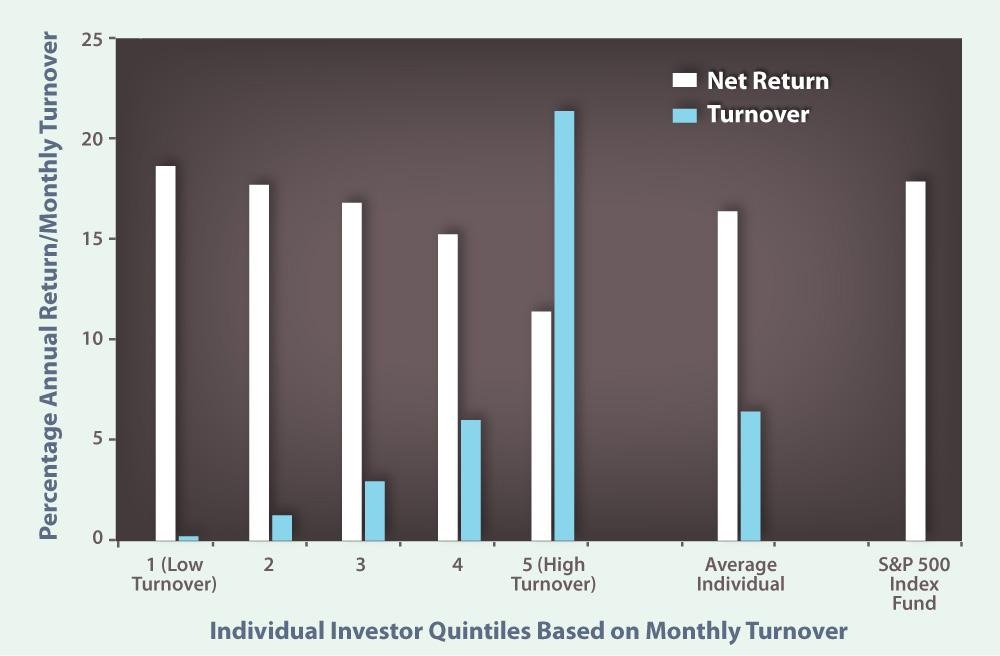At Mello Workshop 2015 I presented a workshop on the topic of how a private investor might construct a high-yield portfolio, with moderate effort, and covered the many mistakes that I've personally made while following this strategy.
Introduction
Mello Workshop 2015 is the latest venture from Mello Events and at the two-day event I ran a workshop on how to construct a high-yield portfolio. This seminar focused on the strengths and weaknesses of this investment method, a simple rules-based approach, and the historical performance of two real-money examples.
Presentation
There are many different ways to make money in the stock market and all of them are equally valid so long as they lead to a positive result. However the majority of these approaches are concerned with capital gains; when dividends are considered then this is usually as an hors d'oeuvre rather than the main course. So if you want to generate an income from your capital, as a pension replacement perhaps, then the options are more limited. For most people the 'done thing' is to purchase an annuity and swap the benefit of retaining capital for the certainty of an income for life. Fortunately there is an alternative...
Before I launch into the nuts and bolts of this presentation I'd just like to acknowledge the huge debt that I owe Stephen Bland. He began writing about his high-yield portfolio (HYP) approach on The Motley Fool website back in 2000 and has continued writing about it on the Stockopedia website and elsewhere. In more recent times he's launched his own newsletter, The Dividend Letter, where high-yield portfolios are created on a rolling basis. While this is a subscription publication the details of his strategy, which have barely changed in fifteen years, are freely and publicly available; it these details that I will talk about today.
So what is a HYP good for? Fundamentally it's designed to generate a reliable income that should, in the long run, keep pace with inflation. There will be ups and downs in this income (since there's no fund manager to 'smooth' underlying volatility) but on the whole it should naturally increase - unlike the interest from a savings account. That said the aim is to minimise this volatility, which stems from investing directly in equities,…











